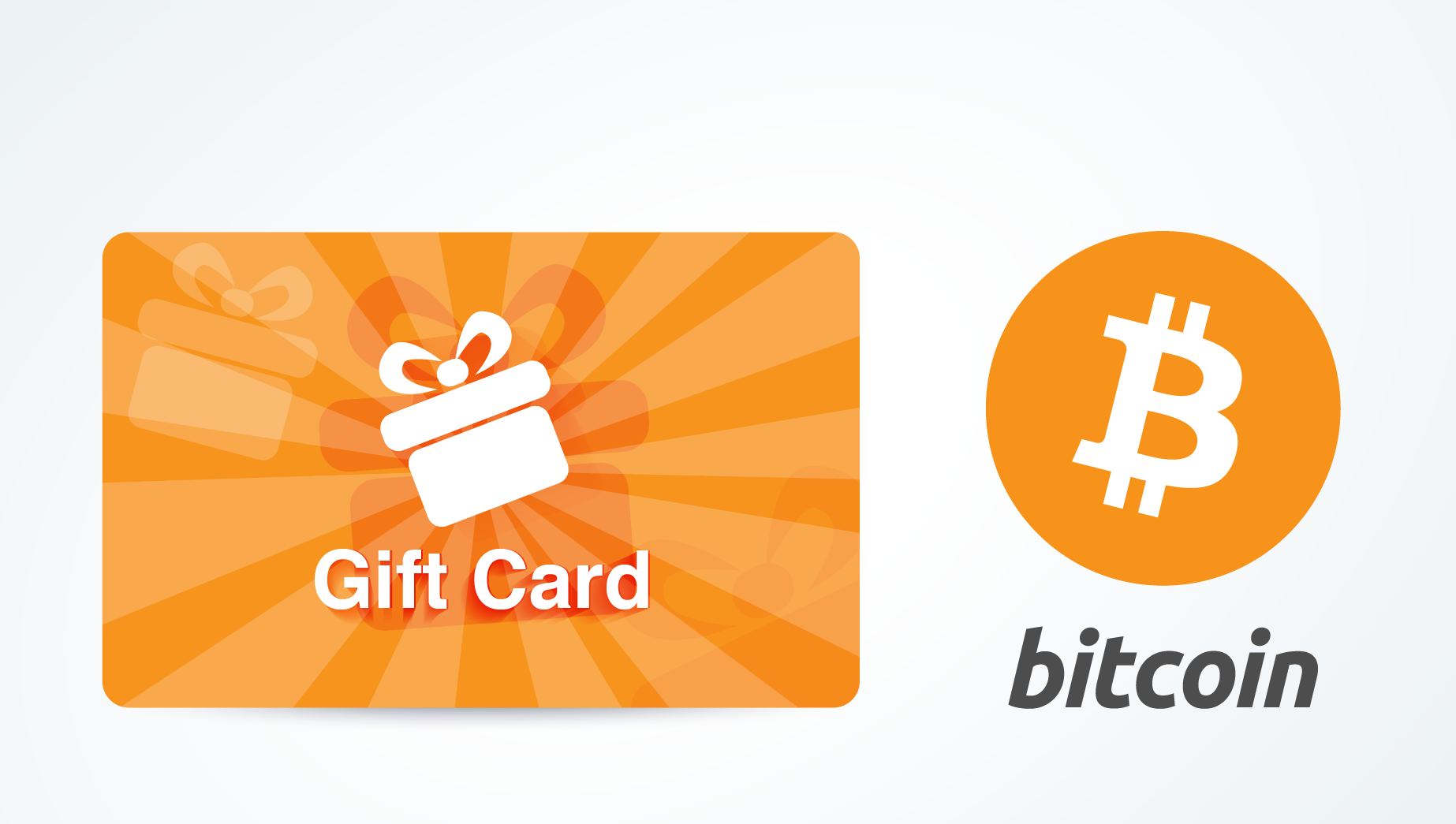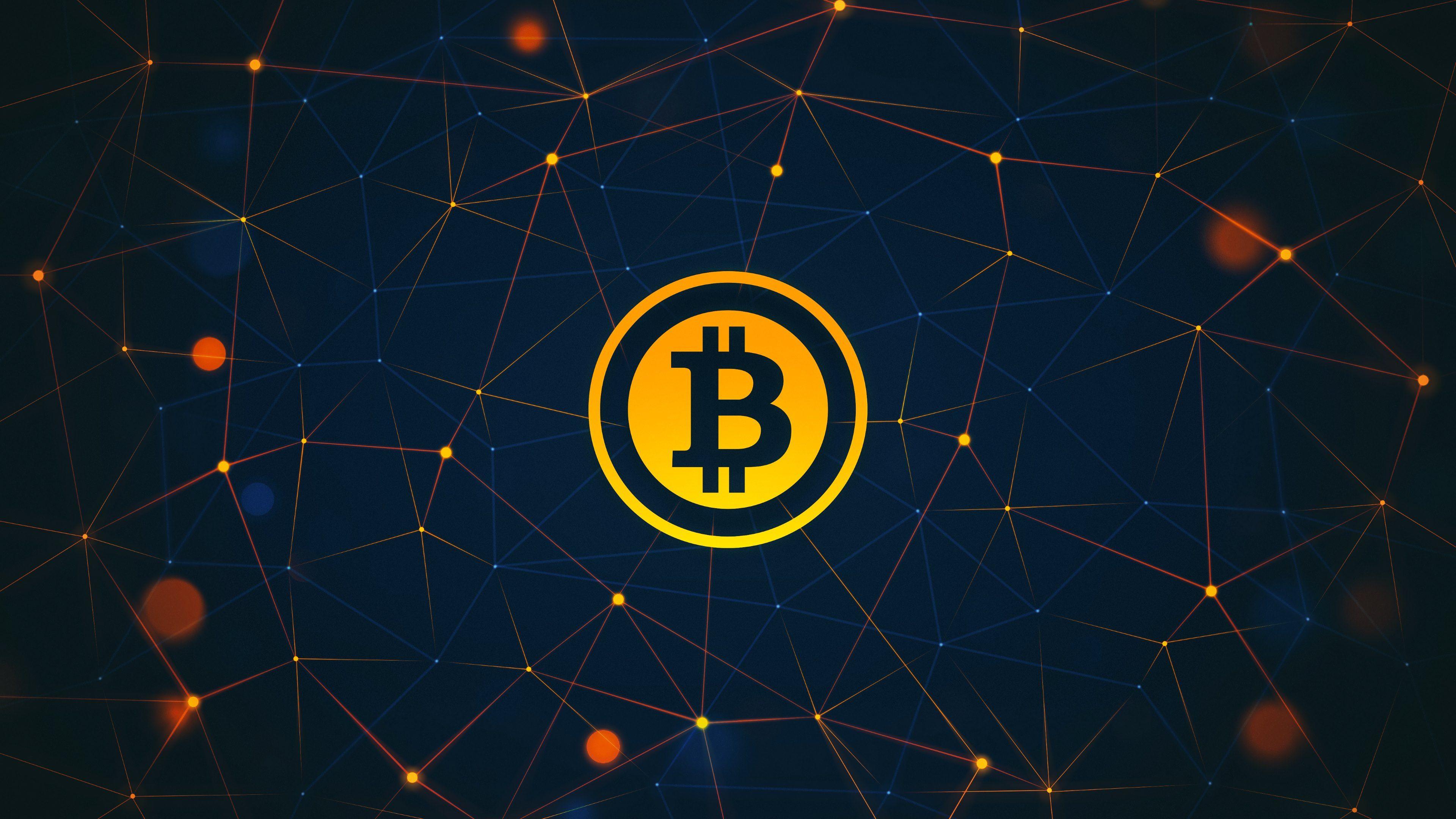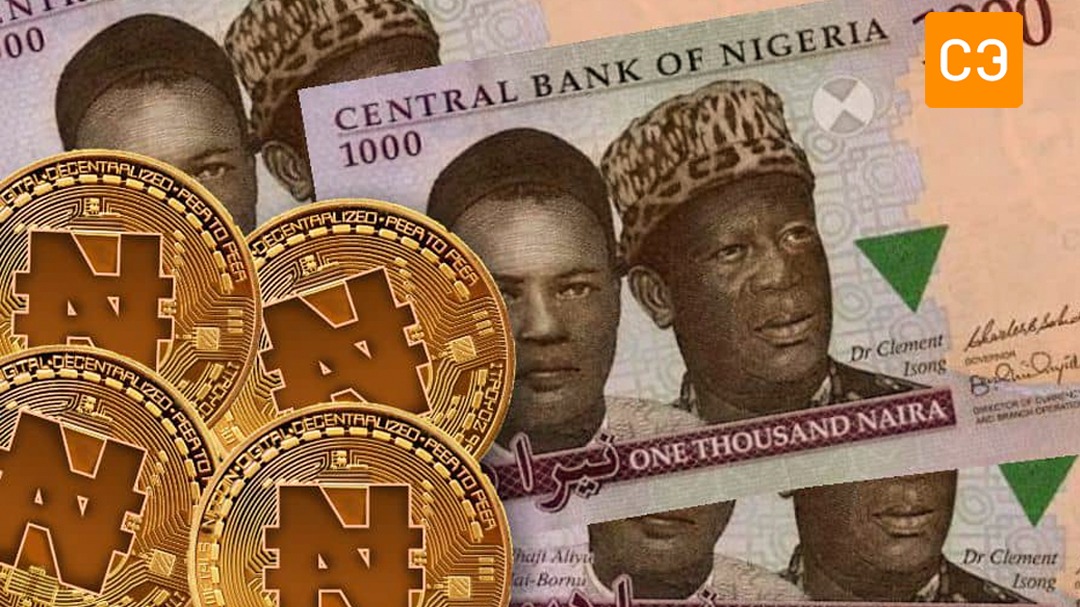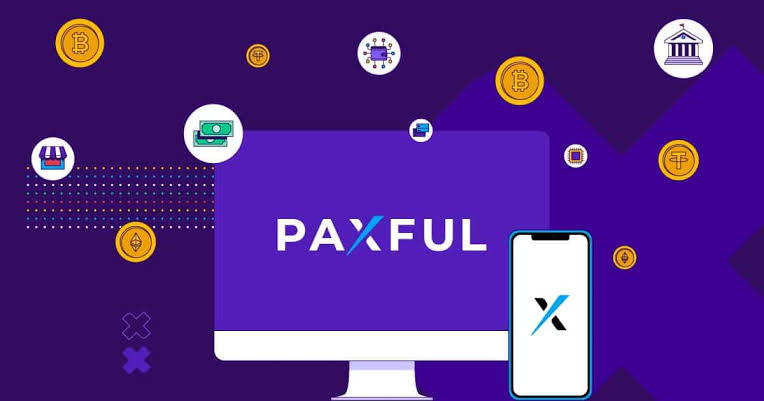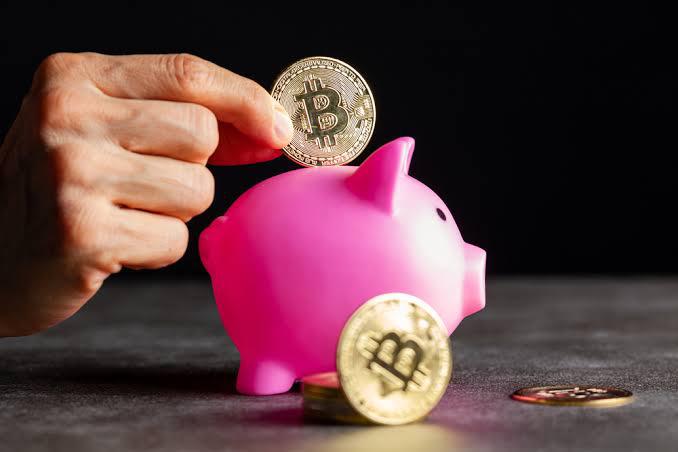The Federal Republic of Nigeria announced some time in July, the launch and introduction of a digital currency called eNaira.
This announcement is coming after the Central Bank of Nigeria through a circular issued on the 5th of February reminded financial institutions of the 2017 ban on cryptocurrency trade in Nigeria. The reason given was that cryptocurrency transactions were devoid of proper regulation and thus prone to financial crimes. Interestingly, such similar or closely similar restrictions have been adopted by Central banks in some other countries like China, Egypt or Russia.
These restrictions, followed by the digital currency launch in Nigeria is not an unusual event because Central banks across the world act as regulators of currencies in their respective countries, and they have frowned on cryptocurrency from its inception. This is because they can not regulate it due to its decentralized feature.
Central banks now see the need to create a digital alternative of their traditional fiat currencies to catch up with the pace at which the world is getting digital. These digital currencies are called Central Bank Digital Currencies (CBDCs). One very popular example is the USDT.
What is eNaira?
The eNaira is a digital currency that would be issued by the Central Bank of Nigeria. The CBN is preparing to launch this currency on the 1st of October, 2021— Nigerian Independence Day. Central banks all across the world have always viewed Bitcoin as a potential danger to their currencies, and some governments like Nigeria, outrightly banned it. Despite the government's ban, people continued to buy Bitcoin, and because one of its perks is anonymity, the government is unable to track it down.
The Chinese government was the first to find their way around it. They minted cash digitally, turning their legal tender into a series of codes. Instead of the government telling its people not to buy Bitcoin, they provided a close alternative for them which has the same function as the cryptocurrency with little differences. This is what Nigeria wants to do as well, with the introduction of the eNaira. The eNaira is not meant to replace cash and bank deposits but to coexist as an additional form of issued money.
How would the eNaira work?
The first thing to note is that the eNaira is built to function on a Hyperledger Fabric Blockchain, an open source network that is rather centralized compared to the Blockchain network on which Bitcoin is built. This means that generally, the CBN decides who can enter the platform because the regulator can approve or override a transaction as it deems fit.
The Nigerian government although stated it would grant permissions to all necessary parties, they are however in control of the system. Among other things, financial institutions will play a role in identification verification and payment processing. Also, anyone holding a fintech licence can mint the eNaira and create wallets for their customers. These wallets would however be separate from their bank account, but would be linked to the BVN to avoid duplicate identities.
It was also reported that it would be a peer-to-peer (P2P) transaction by people who have the eNaira wallet, just like it is done with Bitcoin and other cryptocurrencies. The wallets issued will enable one to store, send and receive the eNaira.
In summary, these are the highlighted steps for the implementation of the eNaira:
- Issuing of the currency by the CBN,
- Distribution through licensed financial institutions.
- Exchange between individuals and businesses.
- Monitoring by the CBN.
How different would the eNaira be from other cryptocurrencies?
Well, one thing is for sure and it is the fact that the eNaira would not grow or plummet in value like Bitcoin or other cryptocurrencies. It would be like the stable coin USDT, pegging its value to the value of the Naira.
The eNaira is not a cryptocurrency, even though it shares similar features like how they are digital currencies built on blockchain to facilitate payment online. The CBDC eNaira is built on a different kind of blockchain that makes the currency centralized, erases anonymity and is merely pegged to the value of the fiat currency Naira to facilitate digital transactions.
Bear in mind that all these are speculations, ideas and statements that have been provided by experts working closely, and directly with the CBN. Many questions remain unanswered, and no one knows what to expect until the trial plan for the eNaira begins in October. By then, come back with the expectation to get the full gist of the matter and answers to some unanswered questions like how cross border payments will work, or how privacy will be ensured.
The Federal Republic of Nigeria announced some time in July, the launch and introduction of a digital currency called eNaira.

